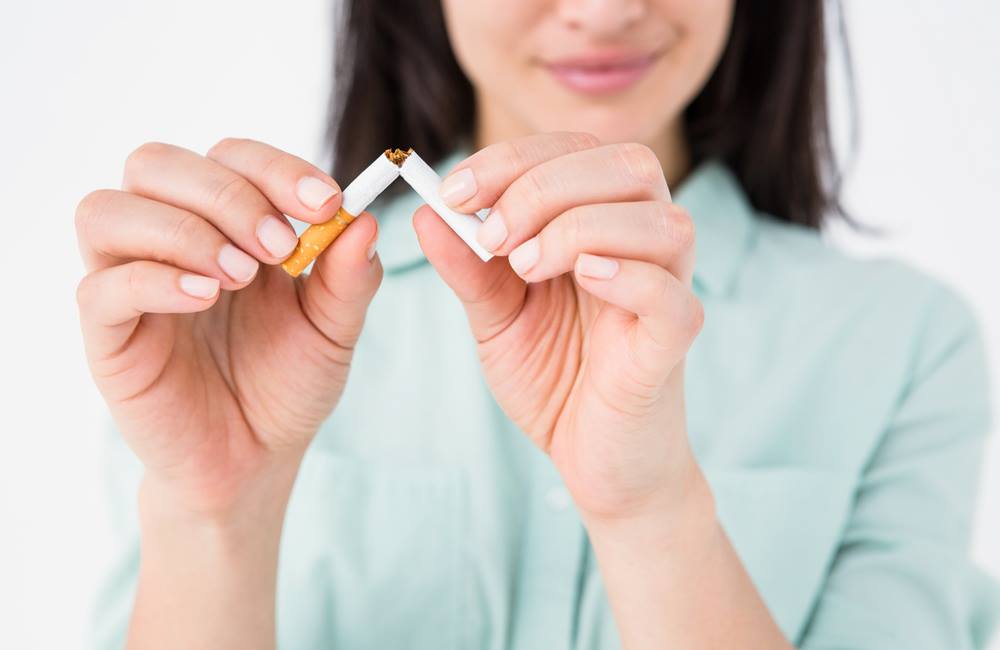Can CBD Help You Quit Smoking Cigarettes?
Recent studies have shown that using CBD may reduce the amount of tobacco you use. It’s furthered the idea that nicotine addiction is tied to the endocannabinoid system, and that CBD can impact that system in a positive way for smokers.
That’s potentially great news for those who want to quit smoking. Those who want to quit know they need as much help as they can get.
Quit Smoking With CBD
Research conducted in Great Britain in 2013 found that cigarette intake dropped 40% among research subjects who used a CBD inhaler. That’s enough for some to believe CBD can help people quit smoking, as well as help others with other substance addiction issues.
A 2019 Australian review of clinical studies performed in this area concluded that CBD has “the potential to reduce craving and relapse in abstinent substance users, by impairing reconsolidation of drug-reward memory, salience of drug cues, and inhibiting the reward-facilitating effect of drugs.”
What the Study Found
The 2013 study is published by the National Institutes of Health. Researchers from University College London conducted the study.
They worked with 24 smokers. All of them said they wished to quit smoking. They participated in the study with the understanding they were being given a substance that could possibly reduce their cravings for cigarettes.
Researchers then gave half the participants a placebo and half of them an inhaler of CBD. For one week, all 24 were asked to use the inhaler when they felt an urge to smoke.
Among those who used the placebo, there was no difference in the number of cigarettes smoked. But those who used the CBD inhaler “significantly reduced the number of cigarettes smoked by 40% during treatment,” according to the study.
The researchers concluded that the study results suggest CBD “to be a potential treatment for nicotine addiction” and that the issue warrants further study.
Why It Works
Researchers are not certain why CBD might work to inhibit the craving for nicotine, as it did with the test subjects in Britain. However, the Australian researchers who wrote the 2019 review of research into the issue tied the results into the endocannabinoid system.
This system “plays an important role in common neurobiological processes underlying substance use disorder,” the researchers wrote. In particular, they noted that it has an impact by “mediating the rewarding and motivational effects of substances and substance-related cues.”
CBD products could provide the answer for researchers who have been looking for a safe and consistent way to impact the system in this way. The Australian researchers wrote that – as with most the issues involving cannabis – there will need to do further study and clinical trials to determine the efficacy of CBD in treating nicotine and other addictions.




